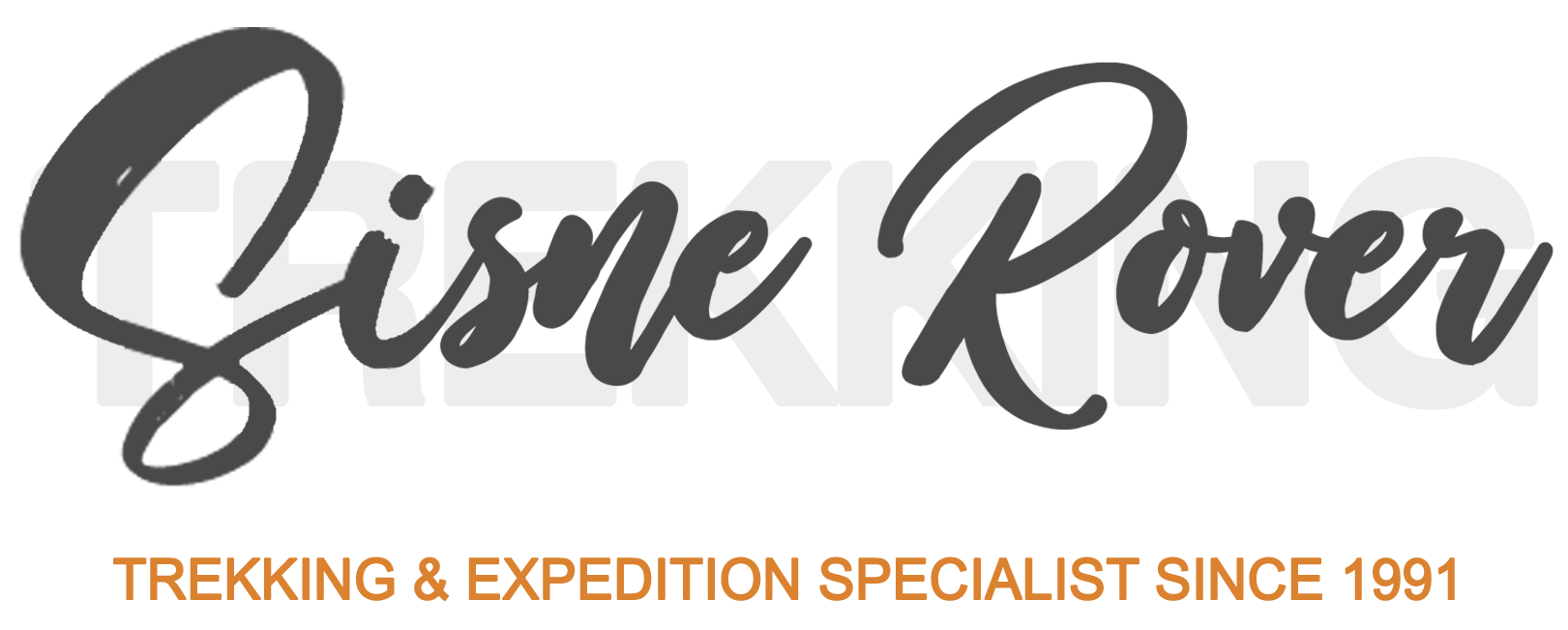Environmental, Social and Cultural Considerations
Environmental Considerations
Sisne’s Zero Impact Policy promotes not only reuse and recycling, but also promotes cultural and social consideration of Nepalese local people in the mountains. This policy supports environmental protection, cultural and social well-being. Zero impact policy applies to travelers, guides, trekking assistants, porters and other staff members.
Saving water and nature:
Avoid harming plants and natural vegetation on the trekking route.
Always using the already existed trail.
Making sure the water tap is properly closed when not in use.
Avoid purchasing bottled water. Use water purifier for safe drinking water.
Reducing waste:
Disposing plastic bottles glass, can and food wrappers only in the bin.
Substituting bottled liquid soap by a bar soap.
Reusing the same water bottle throughout the trek.
Reducing food waste
Using rechargeable batteries: Use rechargeable batteries whenever possible. If you use disposable batteries, please take the used ones with you and dispose them safely in your home country.
Minimizing solid waste through proper disposal of waste. For example: During camping trek, we take back non-degradable wastes with us whereas, our staff dig a hole and put degradable wastes in it and leave them covered with the soil for nature to take it process.
Choosing energy friendly options:
Making sure that electric bulb is turned off when not in use.
Putting electrical equipment like laptop and iPad into sleeping mode when not in use.
Get around by mass transit when feasible. E.g. bus
Social and Cultural Considerations
The challenge for you as a visitor to Nepal is to respect the rights and beliefs of the local people and to minimize your impact, both culturally and environmentally. We can all play a part in this by simply being aware of our actions and how they will affect the environment around us.
Please consider the following when trekking:
Dress appropriately: more is better. Revealing clothing in the mountain villages is not suitable, especially for women. T-shirts and trousers/long skirt are the recommended dress, but long shorts are also acceptable. Demonstrating an effort to be sensitive to their culture will enhance your experience with the Nepalese people.
Don’t encourage begging: don’t hand pens, money or sweets directly to the children. This does not only encourage begging, but also causes much conflict amongst the children. You’d rather hand your gifts or pens to a school that will distribute them amongst the children.
Smile: easy to give, wonderful to receive. A smile surpasses all cultural boundaries.
Tip: remove your shoes before entering a Nepali home.
Always follow and take advise from guides: Our guides will tell you which places to enter and which places to avoid. For example: some places have restriction that we need to respect.
Other important points to be noted:
Water
Water purification tablets or a good water filter will save you a lot of money and avoids even more unnecessary plastic in our environment. Iodine pills are very convenient for trekking. One pill will purify 1 liter of water in 20-30 minutes. They are available in Nepal. Gatorade can be a healthy and delicious item to add to your water. Vitamin C (absorbic acid) or Tang powder in different flavors will remove the unpleasant taste of iodine.
Altitude Sickness
Altitude sickness, also known as AMS (Acute Mountain Sickness), is caused by a lack of oxygen at high altitudes (normally above 3,500m, but some may be affected at 3,000m). It occurs as a result of our bodies’ inability to adapt to a sudden increase in altitude. If given time, our bodies will adjust and a gradual ascent will decrease the possibility of altitude sickness.
How to prevent AMS
Go slowly, drink a lot of water and pay attention to the sensations of your body. If symptoms occur, you have climbed too far for the day. Resting at the same altitude will give you time to acclimatize and usually relieve mild symptoms. Mild symptoms include: headache, nausea, loss of appetite, mild shortness of breath with minimal exertion, difficulty sleeping, dizziness or light headedness, mild weakness, fatigue, a general unwell feeling. More serious symptoms include: inability to recover from shortness of breath with rest, severe persistent headache, low urine output, vomiting, confusion, delirium, loss of coordination. These require immediate descent as acclimatization will not take place at the same altitude. The best way to avoid AMS is to walk slowly, carry a light pack and just take it easy. Allow your body the time it needs to acclimatize.
